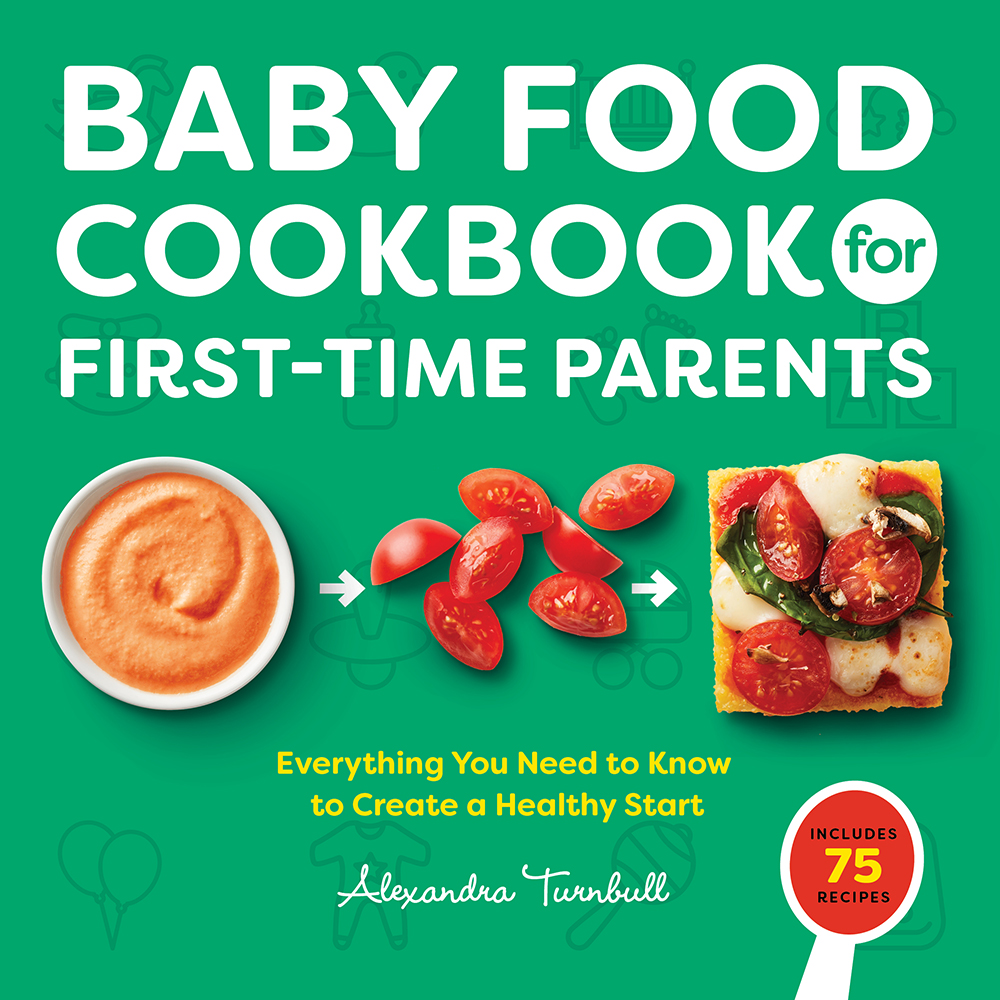
Do you ever wonder if your child is more than just a picky eater? Have you tried every strategy, tip, and trick only to end up with fewer and fewer foods your child enjoys, let alone will even look at? If you’re not sure where to start with your picky eater, start here!
Maybe you’ve been told “Oh, it’s just a phase. They’ll grow out of it!” Some children do grow out of it, but many won’t. Early detection and intervention are extremely important to the long-term health and well-being of your child when it comes to feeding challenges.
Pediatric Feeding Disorder (PFD) is a new diagnosis that is helping parents and children come to terms with why their child has challenges with food or mealtime battles. One in thirty-seven children under the age of five has PFD and because it’s new, it’s likely that there are many children who haven’t been properly diagnosed.
You might feel helpless or that you’ve failed your child because you’ve tried every strategy suggested by friends, family, and even professionals, but with little to no progress. If this is how you’re feeling, you’re in the right place.
Here you will learn what PFD is, whether your child may or may not meet the criteria for PFD, when to seek support, and where to find additional resources, including a quiz that can help you identify what could be helpful for your child.
Table of Contents
What is Pediatric Feeding Disorder
Feeding is one of the most difficult sensory tasks that we do as humans utilizing over 26 muscles and 6 nerves for just one swallow. In addition to the many different muscles and nerves involved with swallowing, there are an additional 32 steps in the process of eating.
When something throughout this process is missing or not working correctly, it can impact the mealtime experience, nutritional intake, and possibly overall growth and development.
Pediatric feeding disorder (PFD) is impaired oral intake that is not age-appropriate and is associated with medical, nutritional, feeding skills, and/or psychosocial dysfunction. PFD is not considered an eating disorder and should only be diagnosed in the absence of body image disturbances.
By using criteria that cover four areas; medical, nutritional, feeding skill, and/or psychosocial dysfunction, a bigger picture can be taken in regards to red flags for a child’s feeding challenges.
When did Pediatric Feeding Disorder become a Diagnosis?
In October of 2021, pediatric feeding disorder was approved to be included in the United States-ICD-10-CM. This provided medical professionals with not only a name for a diagnosis that never existed but a definition and diagnostic criteria for PFD.
The process of developing PFD into an ICD code started in 2014 with Feeding Matters, an organization that has advocated for the awareness of PFD and resources to support parents and medical professionals. After seven years, we have finally found an answer than “it’s just a phase” or “They’re just picky.”
How do you know if your child has Pediatric Feeding Disorder?
First and foremost, you should always contact your child’s pediatrician with any questions or concerns regarding your child’s growth and development. However, Feeding Matters has many helpful resources for parents with children with feeding challenges.
While every baby is different there are certain milestones that should be met within certain time frames, especially with feeding. Check out the CDC’s “Learn the Signs. Act Early” resource to determine where your baby is at with their milestones.
Take time to do your research and learn about PFD. This 6-question screening tool from Feeding Matters can help you get started to determine if there are any red flags or reasons to move forward with interventions.
photo from Feeding Matters
Criteria for Pediatric Feeding Disorder
Medical Factors
There are many medical reasons why a child may meet the criteria for PFD but typically issues with the digestive system (GI), respiratory, congenital heart disease, and neurological and neurodevelopmental disorders (autism). Essentially anything medically that has happened to your child that impairs their ability to eat in an age-appropriate way.
Nutrition Factors
Because PFD is a diagnosis focused on feeding, it’s inevitable that your child’s overall nutritional intake will be an important factor in determining if they meet the criteria. Any risk for malnutrition, overnutrition, micronutrient deficiency, toxicity, or dehydration will be considered in the diagnosing of PFD in relation to nutrition factors.
Many children with PFD tend to exclude entire food groups, which can result in nutritional deficiencies. In contrast, some children consume excess amounts of certain foods, leading to micronutrient excess. Toxicity is typically fairly rare with micronutrients.
Feeding Skill Factors
While every baby learns at a different pace, there are still age-appropriate milestones with feeding that need to be met. A child may have difficulty feeding due to illness, injury, or developmental delay. These are important factors to consider in the potential diagnosis of PFD.
If a child is not experiencing safe, age-appropriate, and efficient feeding skills, it may be a reason to consider a diagnosis of PFD. This may look like your child consistently choking, gagging, vomiting, refusing food, or tiring easily at meals.
If your child isn’t able to consume age-appropriate foods and you have to modify their foods and beverages, this is also a red flag. This may look like a 12 month only still only eating purees when they should be eating table foods at this age.
Psychosocial Factors
Many parents struggle with mealtime battles and this is where the psychosocial factor criteria come into play. There are many factors to consider within this criterion including developmental, mental and behavioral, social, and environmental.
Read more about the pediatric feeding disorder definition and criteria here.
Additional Resources
Feeding Matters is an organization dedicated to serving kids with pediatric feeding disorders. They are the first organization in the world to unite families, healthcare professionals, and the community to improve the systems of care for pediatric feeding disorders.
They have several resources including a free online tool, the Infant and Child Feeding Questionaire, to help you better understand if your child has any areas of concern in regards to their feeding habits.
It’s always important to speak with your child’s pediatrician with any questions or concerns regarding their growth and development. If your child is diagnosed with PFD, working with a multidisciplinary team of health care professionals can help your child thrive and make progress at mealtimes.
Feeding Matters has an amazing free Family Guide to Pediatric Feeding Disorder to help you learn about PFD, the steps to take if your child is diagnosed, and helpful tips to advocate for your child.
Take the quiz!
To help you better understand if your child is a picky eater with typical feeding challenges appropriate for their developmental age and children with feeding disorders, take Feeding Matter’s Infant and Child Feeding Questionnaire © 6-question screener.





